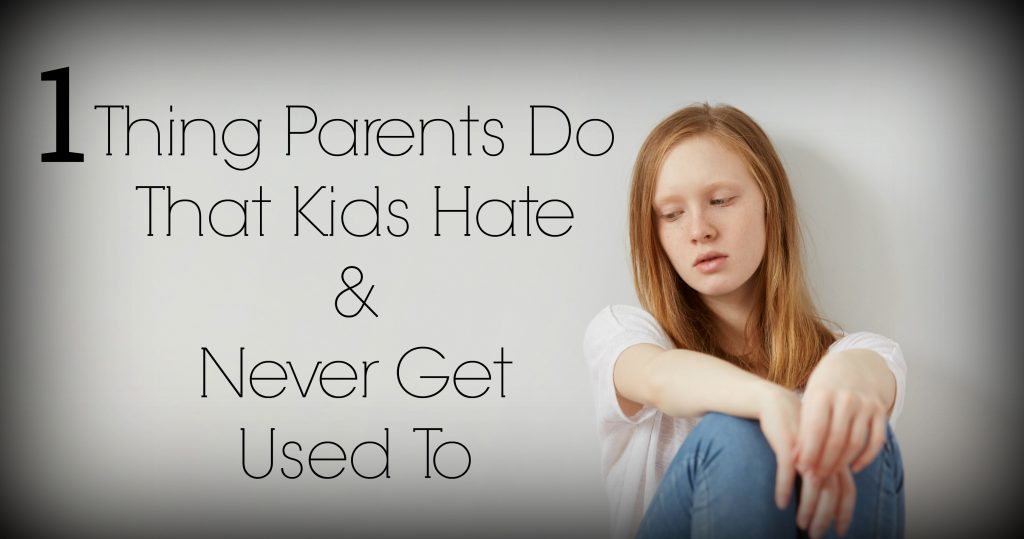Podcast: Play in new window | Download
Subscribe: RSS
I hated this when my parents did it. My kids hated it when we did it too. When I talk with kids in my office, this is the one thing they dislike the most about their parents. Constant fighting.Conflict is normal
Conflict is normal. How it is expressed, resolved, and managed determines the level of effect it has on kids growing up in the environment. Parents who resolve conflict quickly and respectfully model positive behavior on conflict-resolution, which is actually good for kids to see. If you constantly fight it creates instability in the family environment. Whether it’s in front of the kids or not, they will detect it and will feel distress. Destructive fighting – screaming, threats to leave, name-calling, physical aggression, and cold war tactics all are extremely damaging to kids. Cold war (non-verbal) and other forms of avoidant behavior in couples have even more negative effect on kids. Hostility they can see. Avoidance indicates something is wrong but they don’t know what it is, but they feel it and it scares them.How does constant fighting impact kids?
Parents who fight often place strain on family relationships. Kids may not say much, but don’t think for a moment that it doesn’t affect them. A 2002 UCLA study found that kids who grew up on a home with constant fighting had more physical, emotional, and social problems in adulthood than kids in a control group. Here are 10 ways constant fighting impacts kids:- Kids become distraught, anxious, and worried about the marriage.
- Some kids disengage, withdraw, and isolate from the family.
- Some kids try to get in the middle as ref or peacemaker.
- Other kids may act out in disruptive behavior on parents, siblings, or in social settings.
- Physiological reactions to stress increase sickness.
- Psychological problems impact health and developmental growth.
- Higher cortisol levels (stress hormone) in kids in high conflict homes than kids in peaceful homes.
- Impact on academic development due to worry, inability to concentrate, depression, etc..
- From infancy to late adolescence the effect of constant fighting harms kids.
- Constant fighting is “indirect child abuse”.

